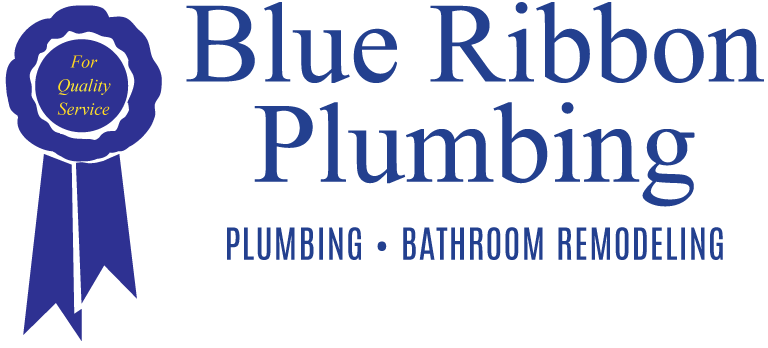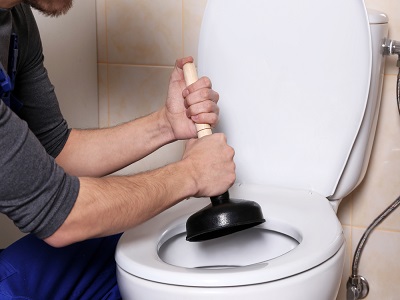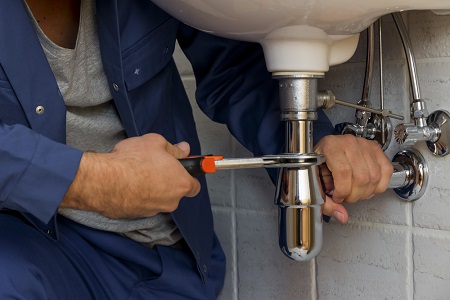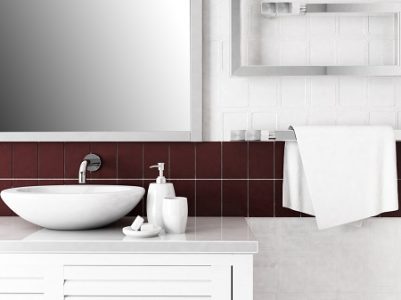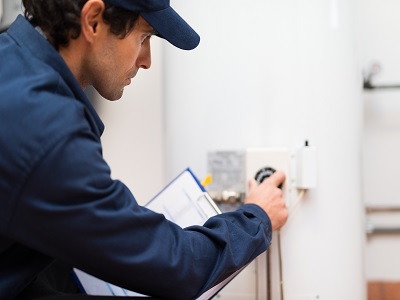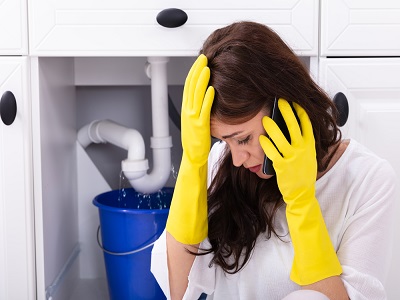Are you tired of hearing your bathroom faucet drip, drip, drip throughout the night? Do you have problems flushing your toilet? Are you having problems with the water pressure in your shower? You will have to deal eventually with plumbing issues if you are a homeowner. You don’t need to panic. There are common plumbing problems that you can handle yourself with the right tools and knowledge.
It’s best to hire a professional plumber if you’re unsure how to solve a problem or if the problem is very serious. You must ensure your safety before you begin any DIY project. You will need to turn off your water supply first for most problems. No matter what the issue, safety goggles or gloves are essential.
These are the common problems that homeowners should look out for when dealing with plumbing.
1. Dripping Faucet
A dripping faucet can lead to water waste, which is the most obvious problem. If a faucet drips once per second, that’s 86.400 drips per day. That’s 15.140 drips per gallon. This is a total of 5.8 gallons of wasted water each day. This is more than 2,000 gallons per year. That’s 8 tons of water going down the drain. These numbers are for a single faucet. The waste quickly multiplies if there are more leaky faucets in the home. Even if your faucet is slow-drip, you are still wasting water.
2. Running Toilet
Running toilets are the worse version of a leaky faucet problem. It can get so bad! A small toilet can waste between 20-30 gallons per day. A medium-sized toilet can waste more water per day, while a running bidet can waste 12 tons of water per month. You should call a plumber if your toilet keeps running despite a few quick handles jiggles.
3. Toilets clogged
It can be frustrating to have a clogged toilet. They can overflow. They are very unpleasant. They leave waste all over the floors. Even worse: They can indicate a more serious problem than you initially thought: septic system damage.
4. Slow Drainage or Blockage
Slow drains are one of the most common problems that people need to call on a professional plumber. These problems can often be caused by the same reasons as clogged toilets. It is not known what debris can clog your pipes. Don’t flush anything down your drain, just like you do with the toilet.
5. Water heater not working
Problems with water heaters might need the attention of a plumber, a natural-gas expert, or an electrician, among other professionals. These are some of the most common problems:
- The water heater floods the surrounding area because the valves are loosening.
- Corrosion and rust affecting water circulation in the tank
- The bacteria invading your tank will make your water smell horrible.
- The most common problem with water heaters is their inability to live up to their name. They either provide too much hot water or not enough.
6. Leaky Pipes
When it comes to calling a plumber, leaky pipes are often the first thing that people think about. You could have a leaky toilet pipe or a leaky pipe under your sink. Leaky pipes such as dripping faucets can cause water waste and damage to your home. Water can cause wood to rot, metal to corrode, and pool up to become breeding grounds for bacteria and insects that transmit diseases.
7. Low water pressure
Even if you aren’t in the shower, low water pressure can be a problem. Low water pressure can also be caused by the utility. A pressure gauge is a good tool to check this. You may also have problems in your home. Sometimes it’s as simple as trying too many things at once. Your shower may not be as great if you also run the dishwasher and water your lawn. You might also have blocked pipes. Check different areas to determine if low pressure is present throughout your home.
8. Breakage or Leakage of Main Water Line
Breaks in the main water line can occur in two ways. The first is the possibility that the public delivery line could be cut. The second possibility is that the water delivery line to your home from the public main could fail. Water main leaks can be just a little less severe, but they still need immediate attention. They can lead to water main breaks if left unattended. They also require digging and heavy equipment. These are the most difficult jobs a plumber will ever have to tackle.
9. Sewer Line Problems
Sewer lines bring water back to you while water mains bring it. Although sewer lines aren’t likely to burst with an Old Faithful geyser, related issues can be quite… unpleasant. Most sewer line problems are simply blockages. A sewer clog can occur if you flush anything down the toilet, even the misleadingly called “flushable wipes”. Even if it isn’t, a professional plumber might still be needed to clear the lines.
10. Expensive Water Bill
There are many reasons why your water bill suddenly increases. One faucet drip can add up to 6 gallons per day. A family of four uses 200 gallons per day. That’s 6,180 gallons instead 6,000 over the course of a month. And that extra 180 Gallons adds up quickly. Weather can have an impact on your bills. Dry weather increases water consumption as you try to keep your lawn healthy. Water usage will increase if there are more people in your home.
11. Downspout Issues
Although fixtures and pipes can cause issues at ground level, faulty downspouts can pose a problem both below ground and above. Water can seep around the foundation if they are disconnected, or the connections become damaged or stressed. This can lead to foundation damage and sweating walls. A wet basement will be caused by sweating walls and water seeping out of the foundation.
12. Water Spots on the Lawn
Standing water and wet spots on your lawn may be either minor or major. Puddles can be caused by minor grading issues. If the grade slopes towards the house, it isn’t dangerous. Leakage or damage to septic systems, leaking mains, or leaking water mains are all major problems. These problems should be addressed immediately to avoid becoming utter disasters.
13. Overflowing Gutters
These and the poor downspouts mentioned above can lead to not only wet spots in your lawn, but also foundational issues. To protect your foundation, you can install drainage tiles to divert water from the house. To ensure that your gutters drain water away from your home, it is important to clear them of any debris or trash. To keep leaves, twigs, and other debris out of their gutters, many people put wire mesh on them.
14. Mildew in the Attic
Although most attics do not have plumbing, some may. Any attic located behind a wall with a clogged gutter or overflowing gutter could be susceptible to mold and mildew. Attics are drier than other areas of the house, so water damage can go unnoticed. This is especially true if there are additional walls. An expert plumber in Myrtle Beach should be called to evaluate the extent of the damage to the attic due to faulty water systems.
What to do in a Plumbing Emergency
First, don’t panic. Try to identify the source of the emergency as soon as possible. Use absorbent materials such as sheets and towels to stop water from escaping and call a professional plumbing contractor. It is crucial to act quickly once an emergency occurs. Don’t delay.
Call Blue Ribbon Plumbing LLC now if you need help with your plumbing system.
Like our Facebook page for more great info about plumbing services.
Blue Ribbon Plumbing LLC
4201 Carolina Exchange Drive Suite 202
Myrtle Beach, SC 29579
(843) 267-9733
Home – Myrtle Beach Plumber
Serving all of Horry County including Myrtle Beach, North Myrtle Beach, Little River, Murrells Inlet/Garden City, Surfside Beach, Carolina Forest/Forestbrook, Conway/Aynor
